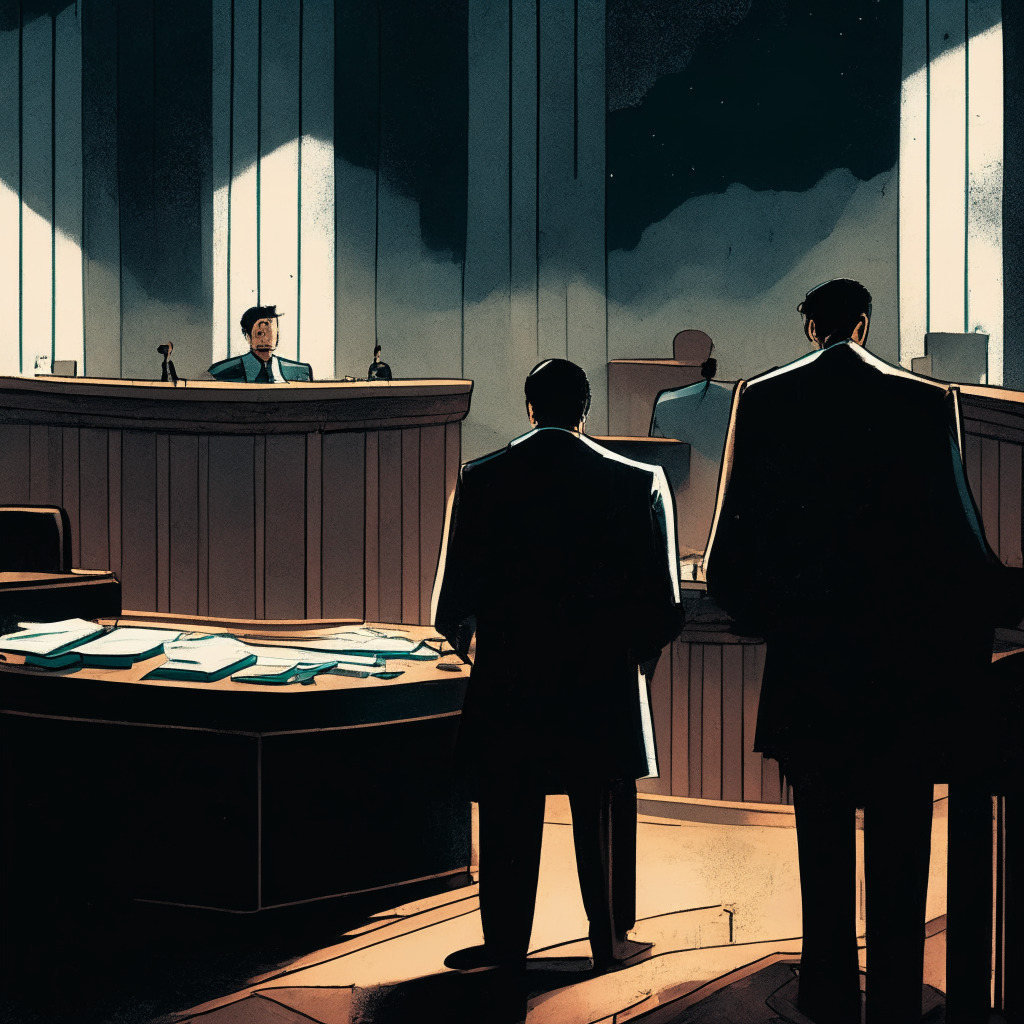The recent evolution of the U.K.’s Economic Crime and Corporate Transparency Bill marks a leap forward in the bid to combat crime facilitated by cryptocurrency. The bill, focused on enabling law enforcement to seize and freeze cryptocurrency involved in illicit activities, has successfully navigated the labyrinth of the Parliament’s upper chamber.
Although the cryptographic component of the bill remains unaltered in the House of Lords, fascinating changes had surfaced during the deliberations. The scope of the measures now encapsulates terrorism-related cases, while authorities have been given the power to confiscate property for identifying crime-linked crypto. Even courts have received an upgrade, with the added power to authorize authorities to seize and immobilize crypto used criminally.
This development stems from the government’s assertion in March that tackling the misuse of crypto for criminal purposes was an integral part of its three-year economic action plan against crime. U.K. has initiated the deployment of crypto tactical advisers in police departments throughout the nation to facilitate the identification and seizure of crime-related digital assets.
Graeme Biggar, director general of the National Crime Agency, expressed relief and praised the long-anticipated reforms. Commenting on how both domestic and international criminals have exploited U.K. company structures and cryptocurrencies to launder their criminal proceeds, Biggar welcomed the reforms as essential tools to clamp down on such abuses.
The bill’s acceptance by the Lords propels it back to the House of Commons for the final rounds of approval before it is enacted. It will require an endorsement from the king before becoming law. As is the norm, the bill can endure a volley between the chambers of Parliament until a consensus finally emerges.
Unquestionably, the pursuit of these measures indicates an emerging recognition of the dark underbelly of the crypto world. But it simultaneously raises crucial questions – will these new powers impinge on the privacy rights of innocent crypto users? Could such stringent regulatory measures stifle the innovative, progressive edge of the crypto sphere? The answers to these questions might guide the trajectory of future regulatory efforts for cryptocurrency.
Source: Coindesk




